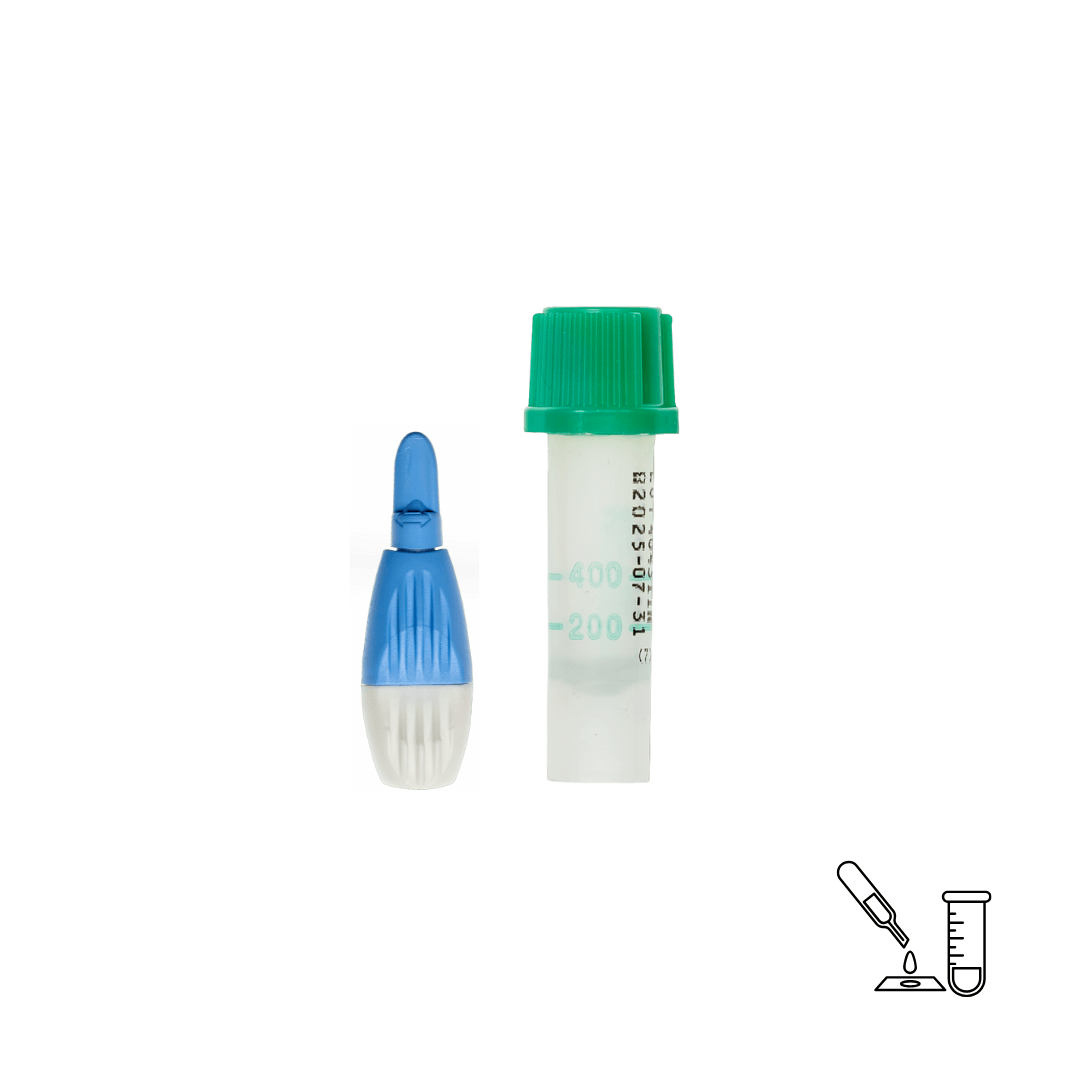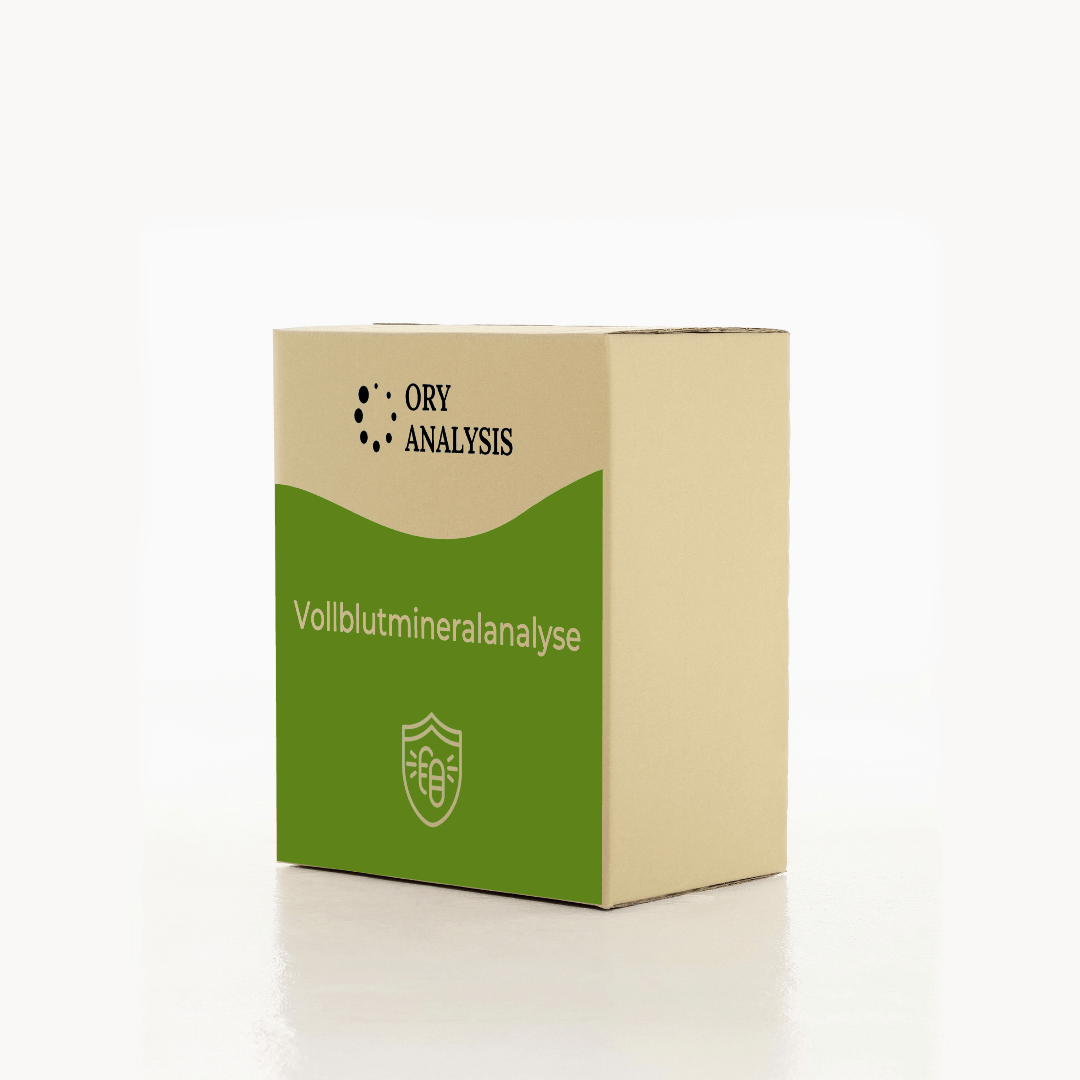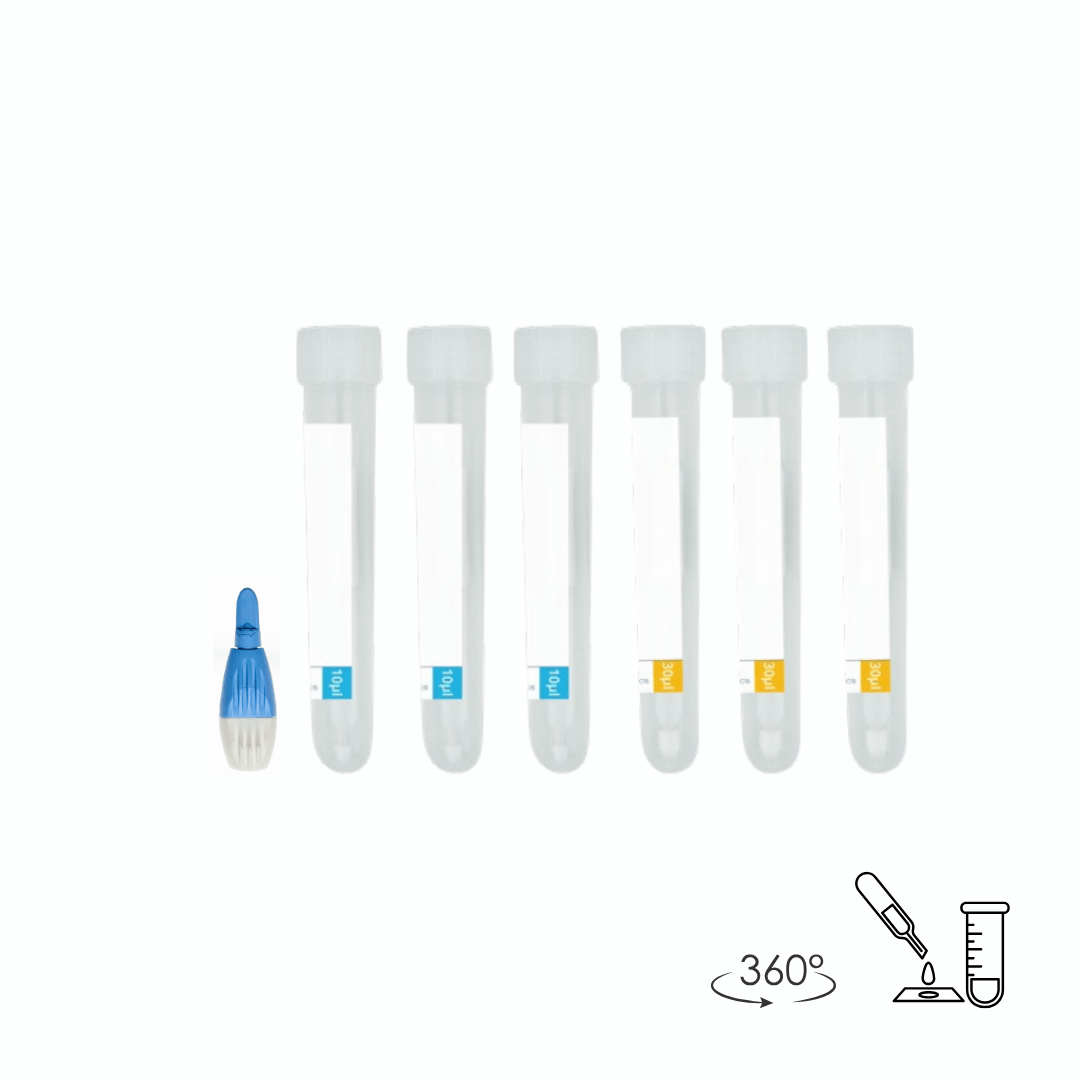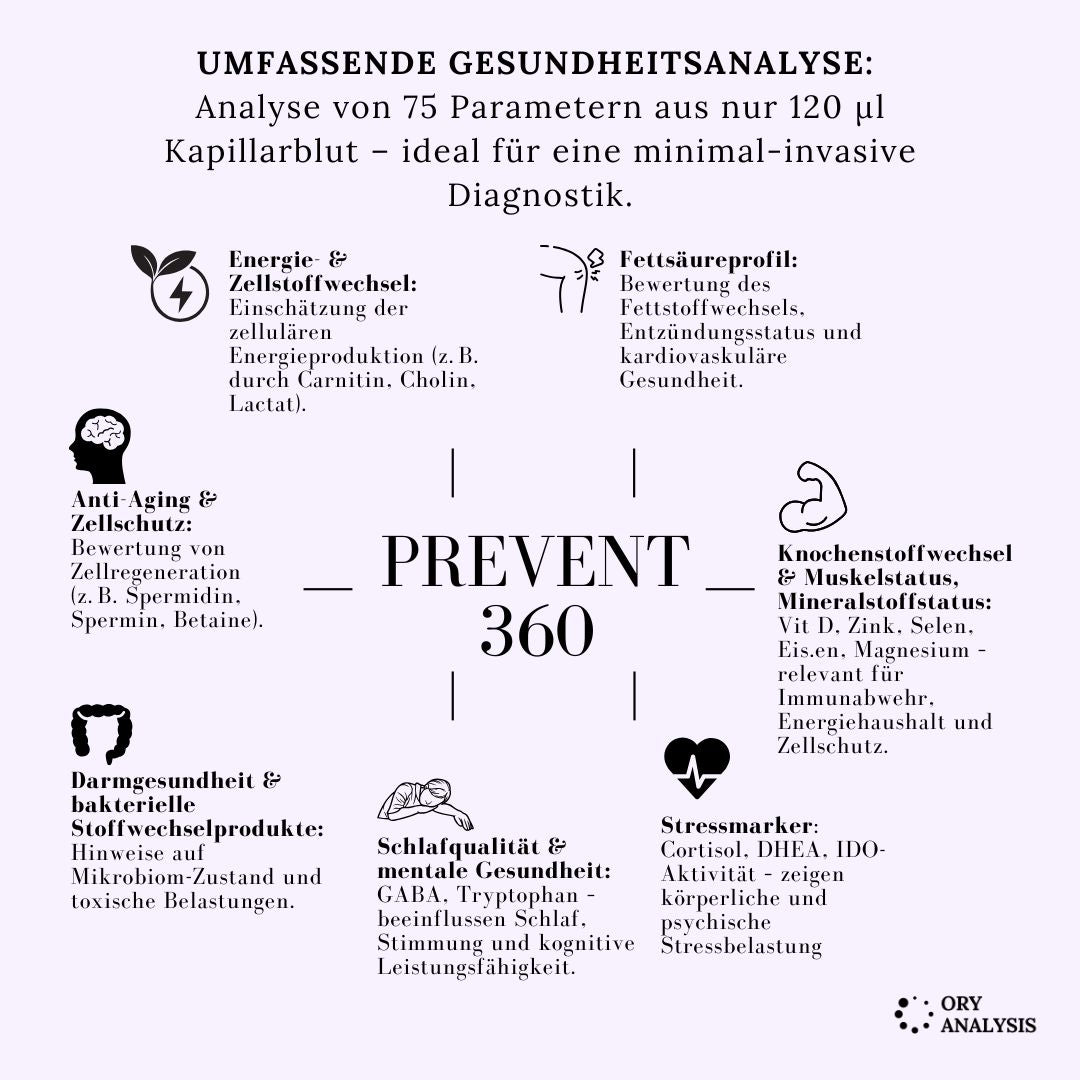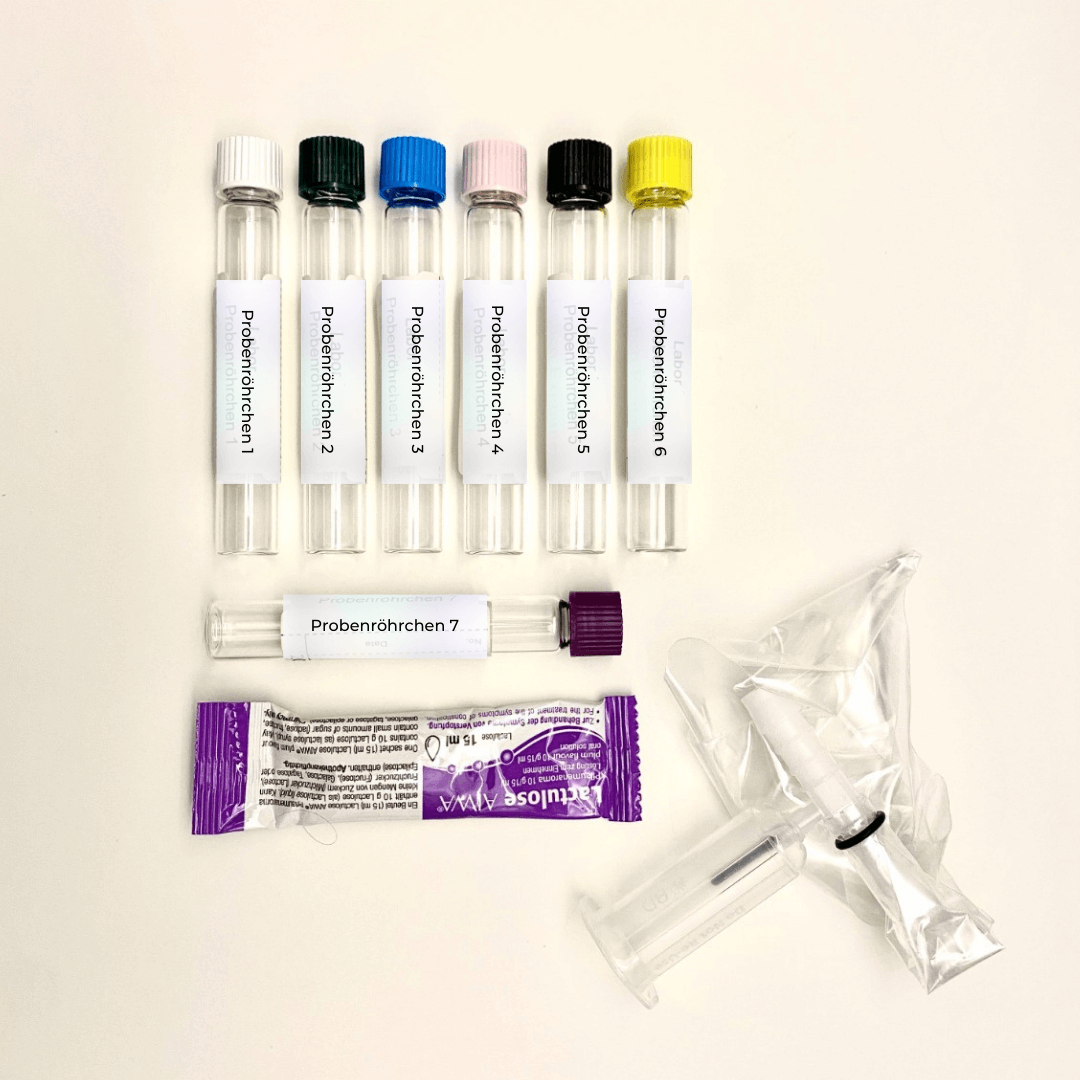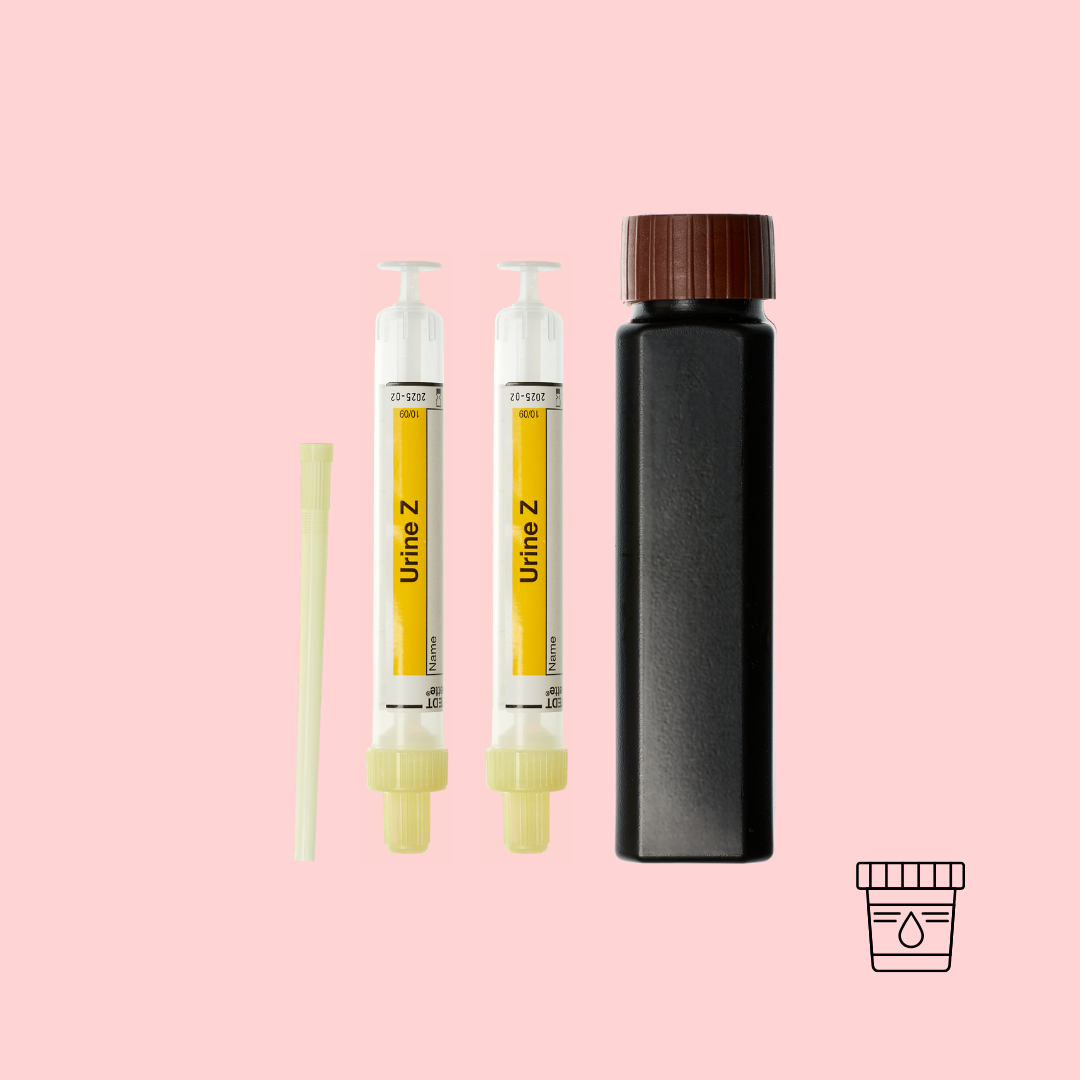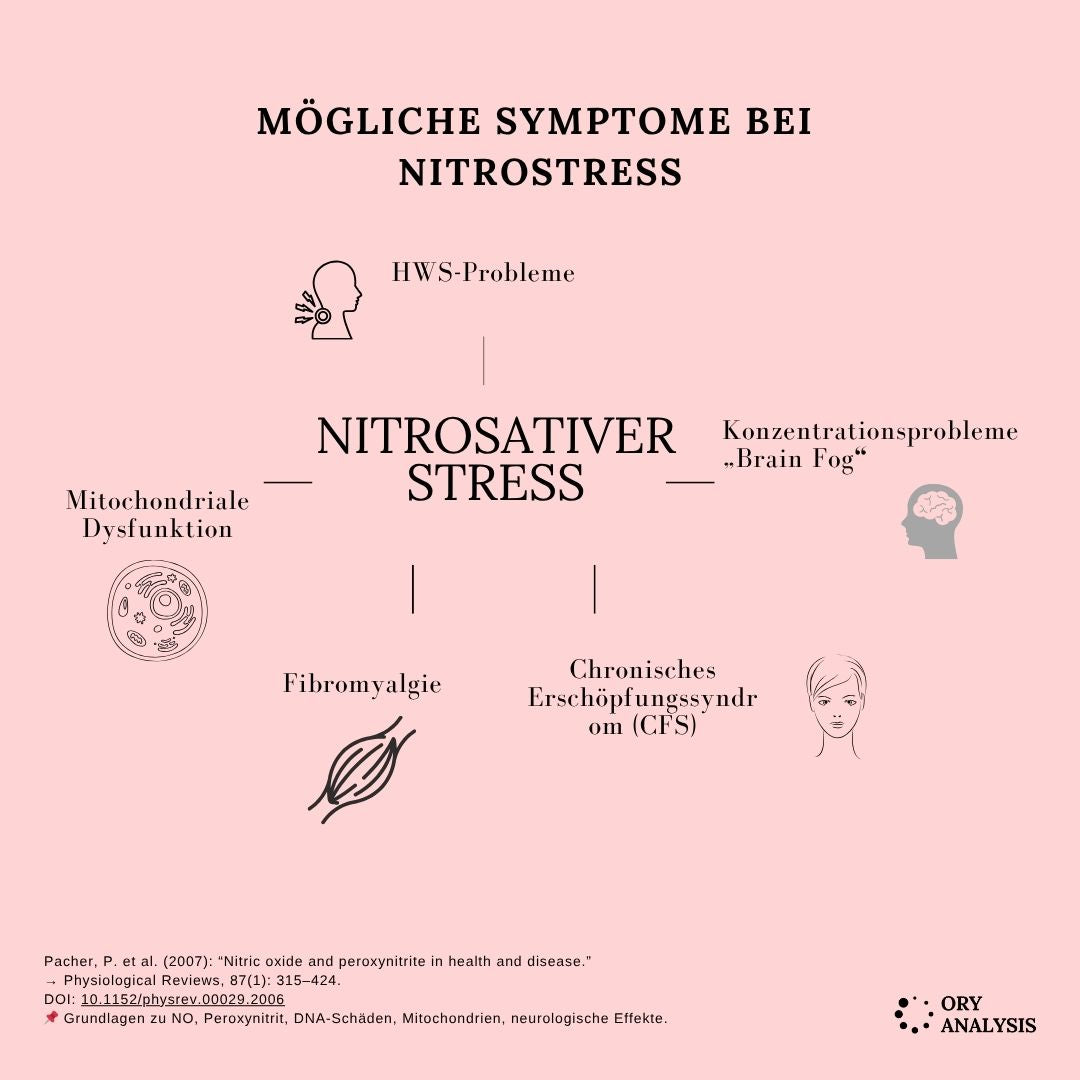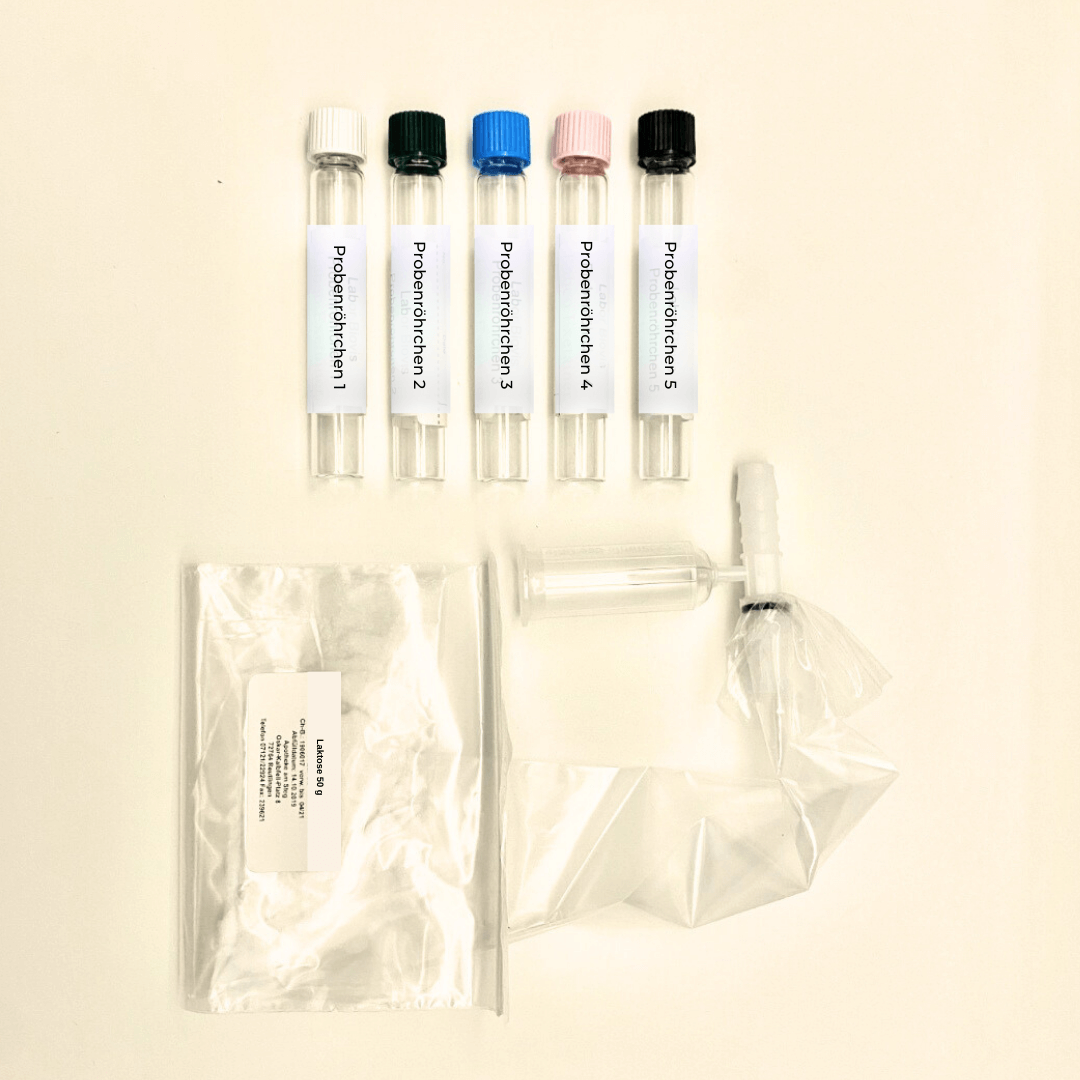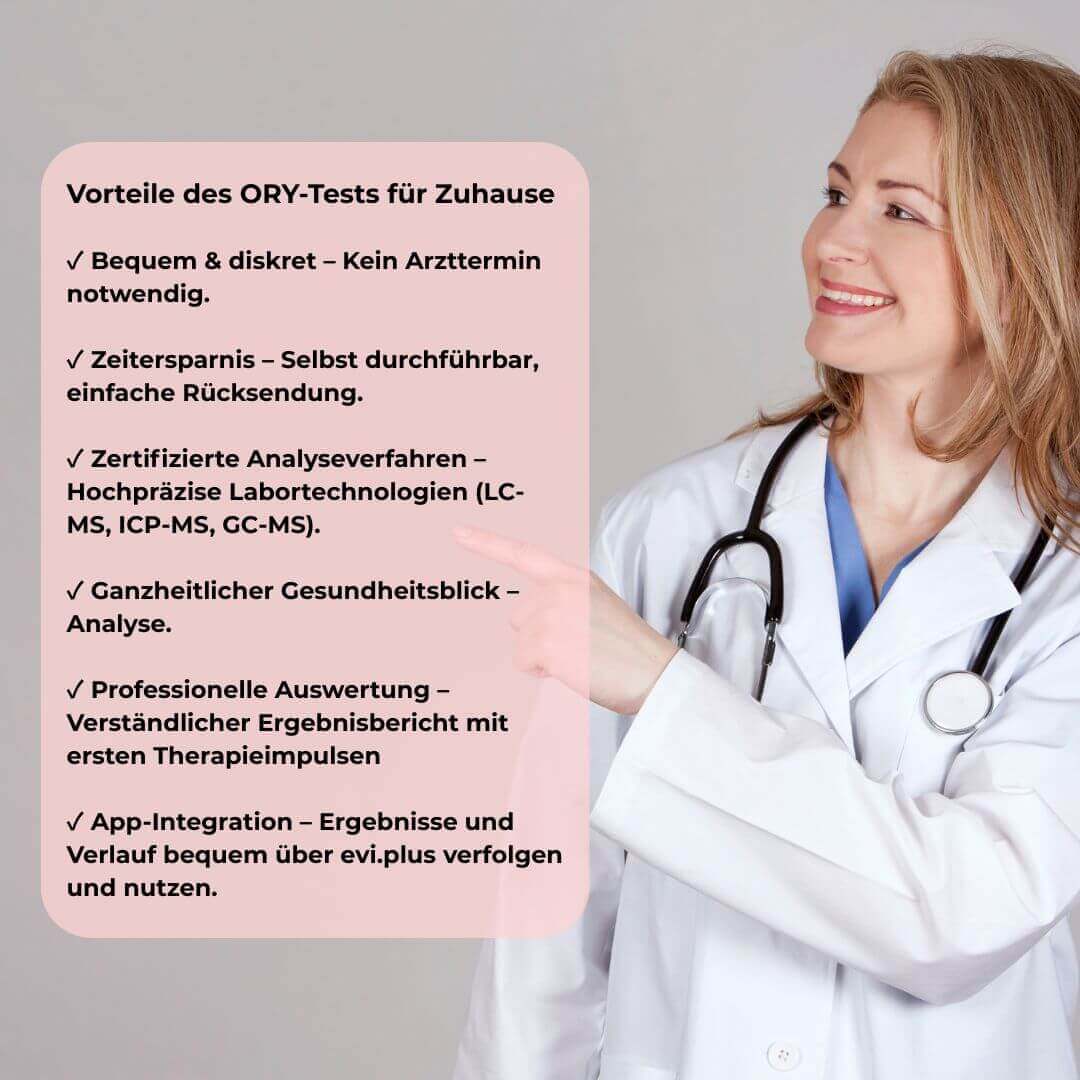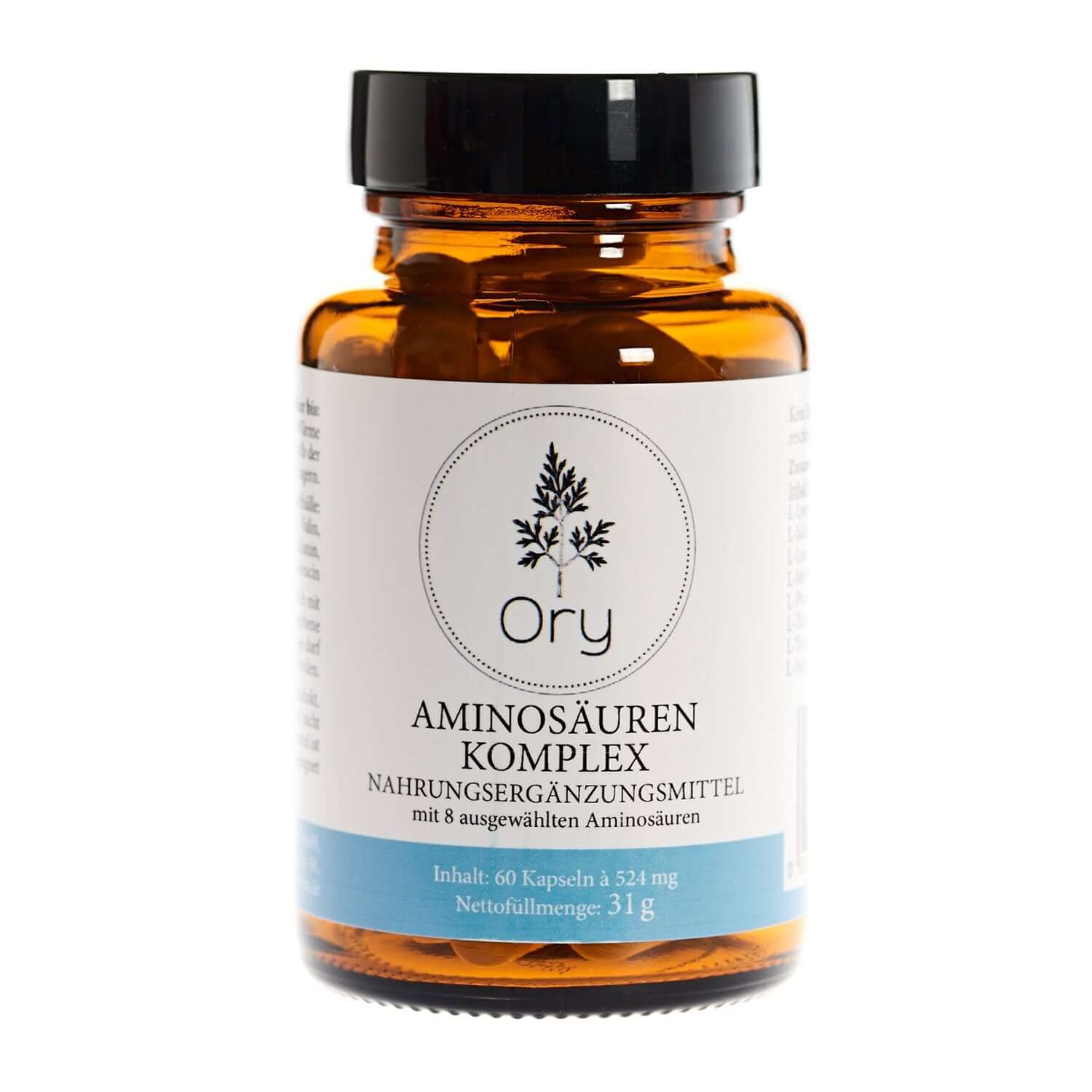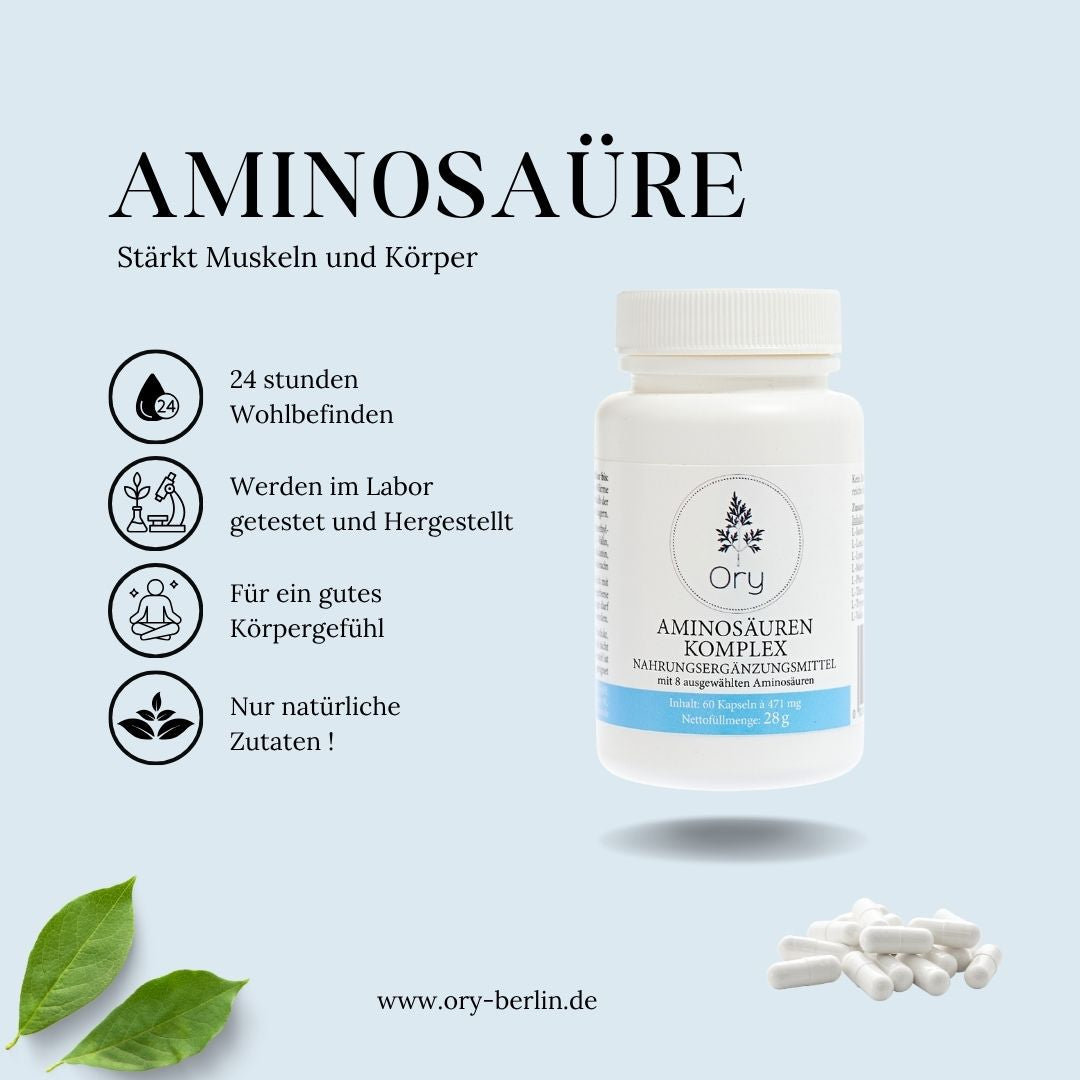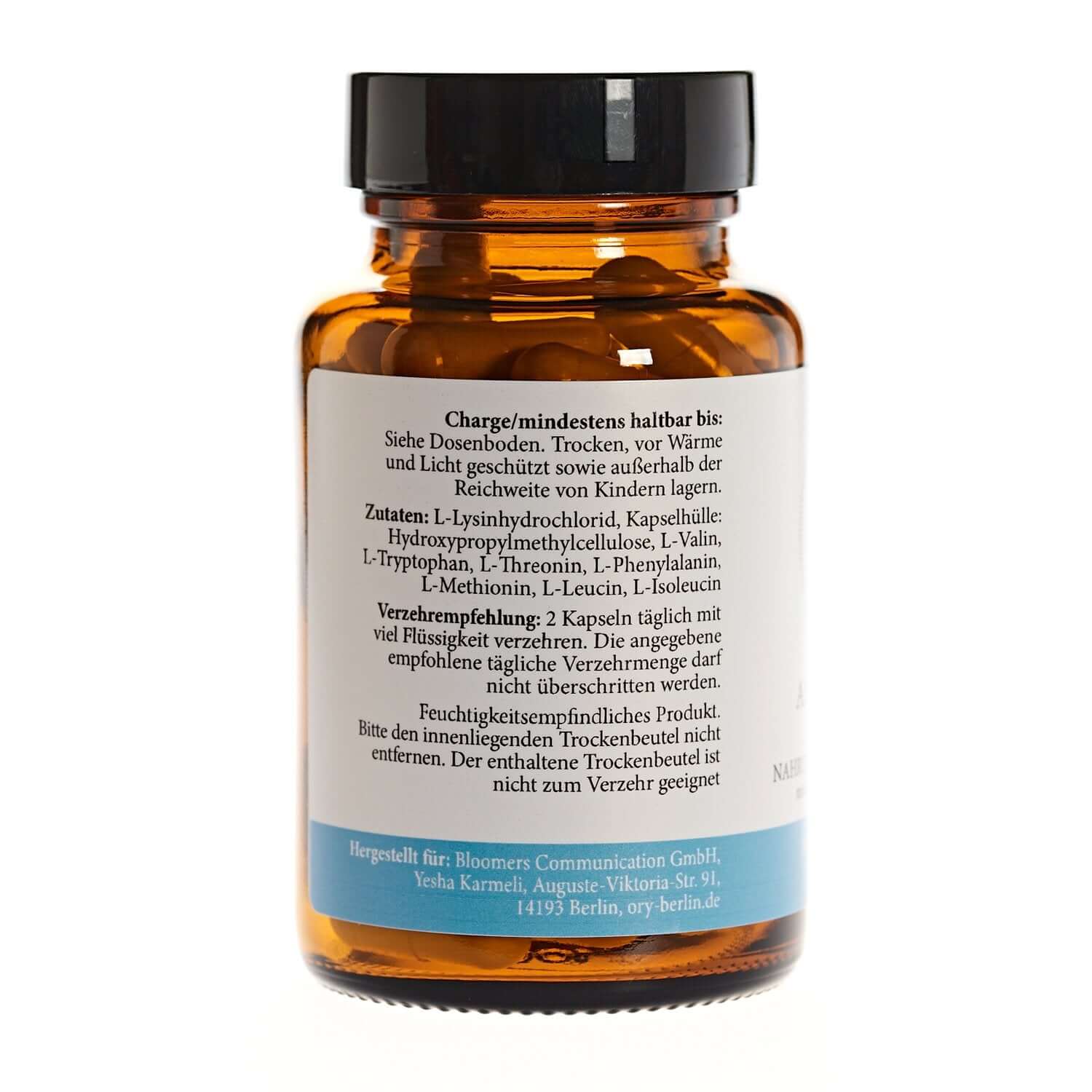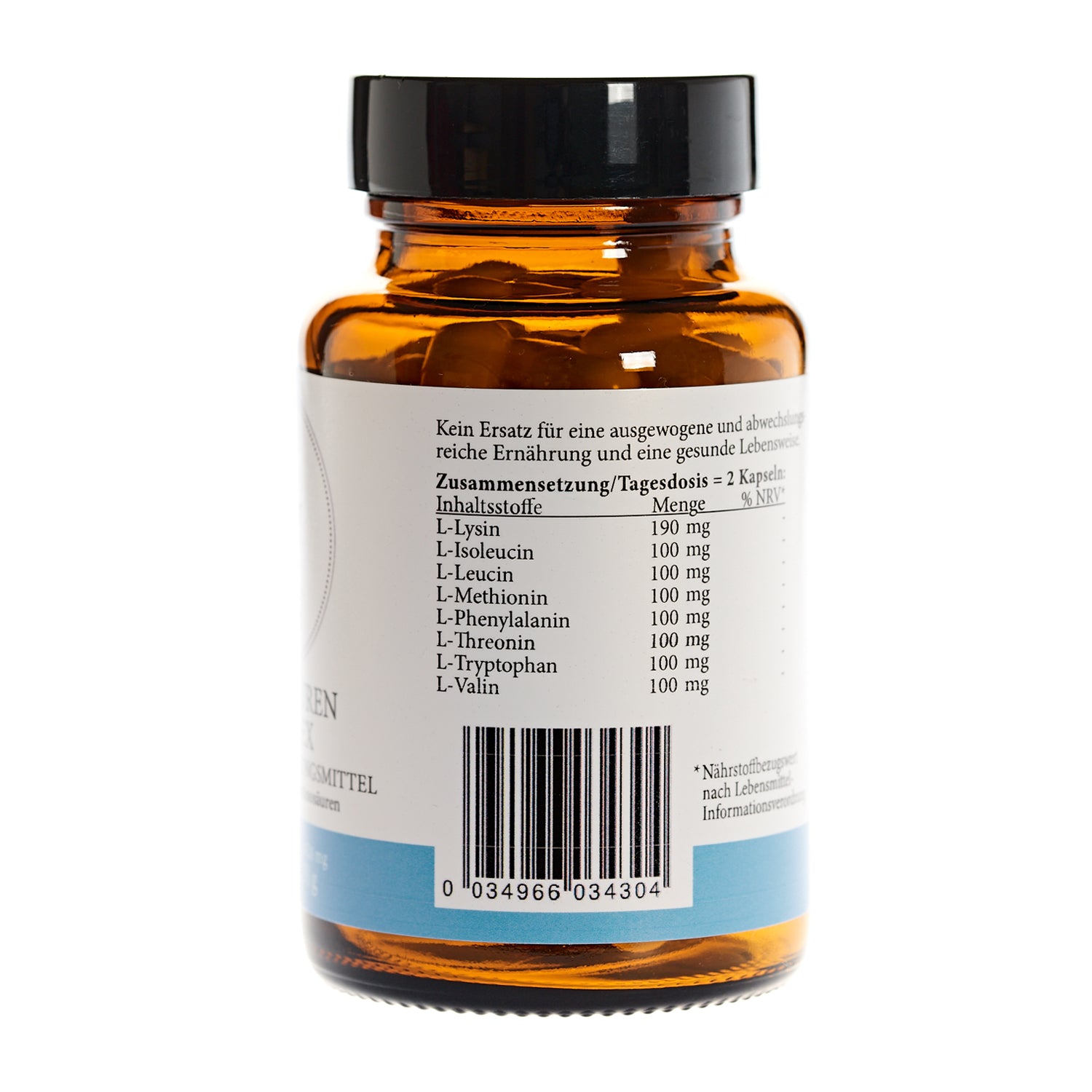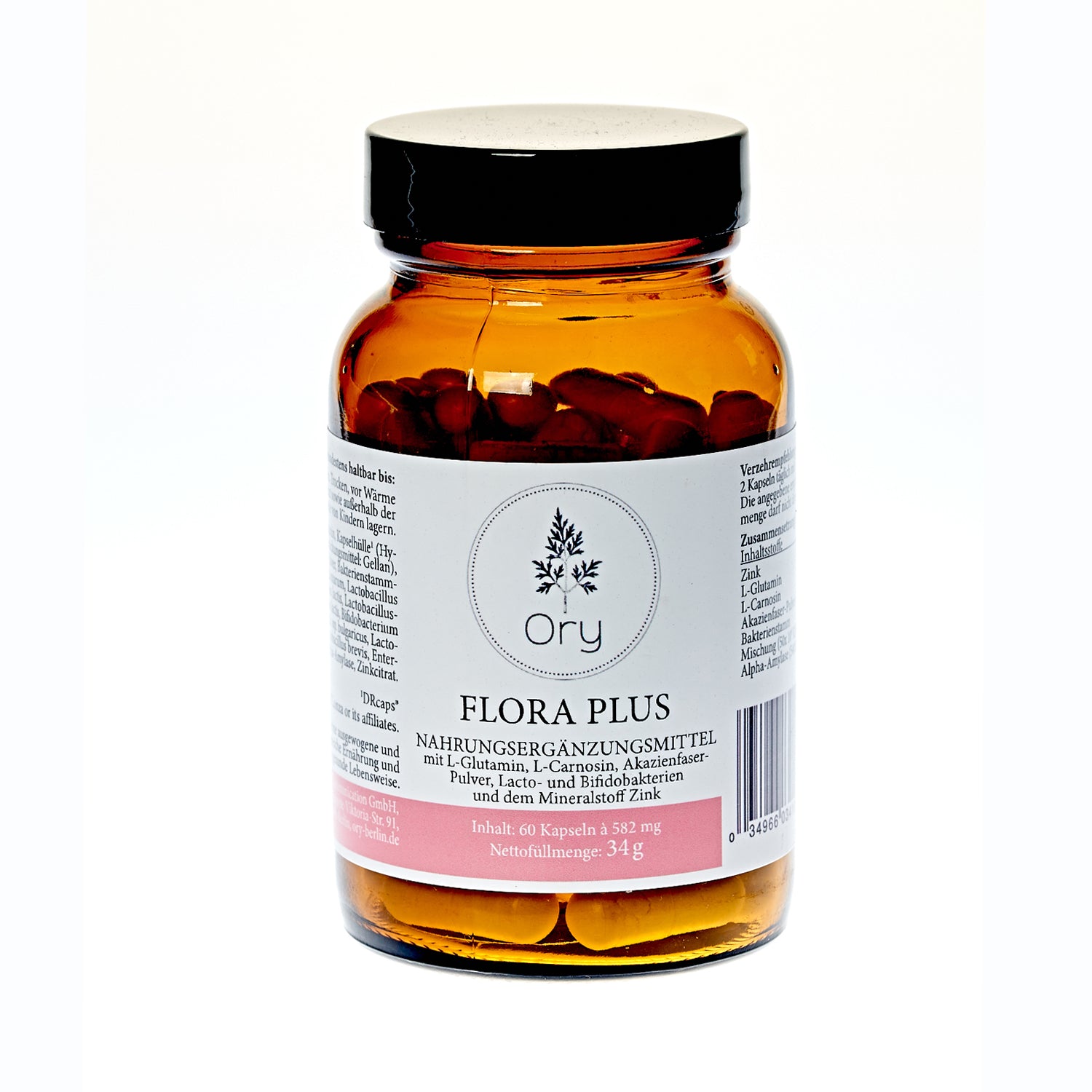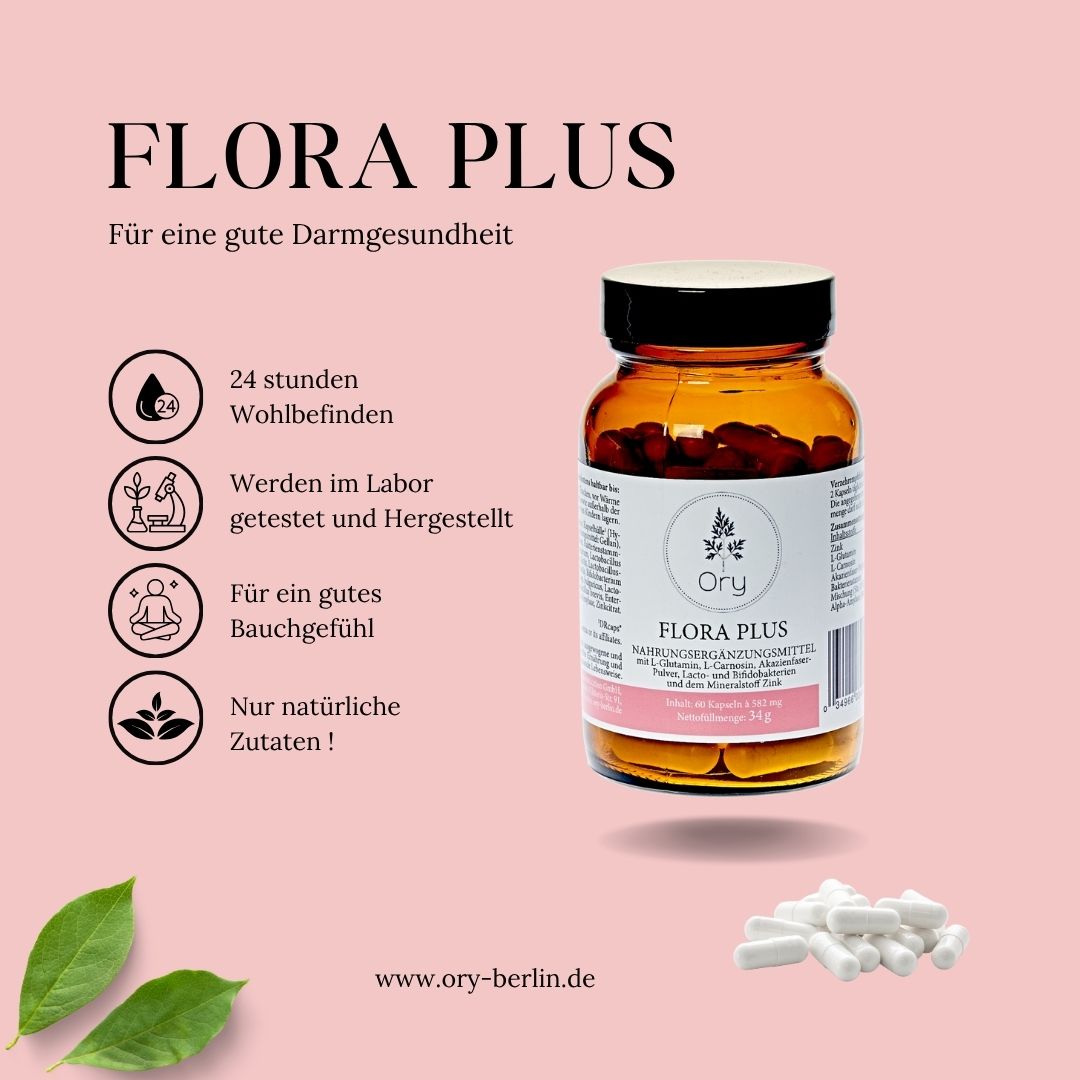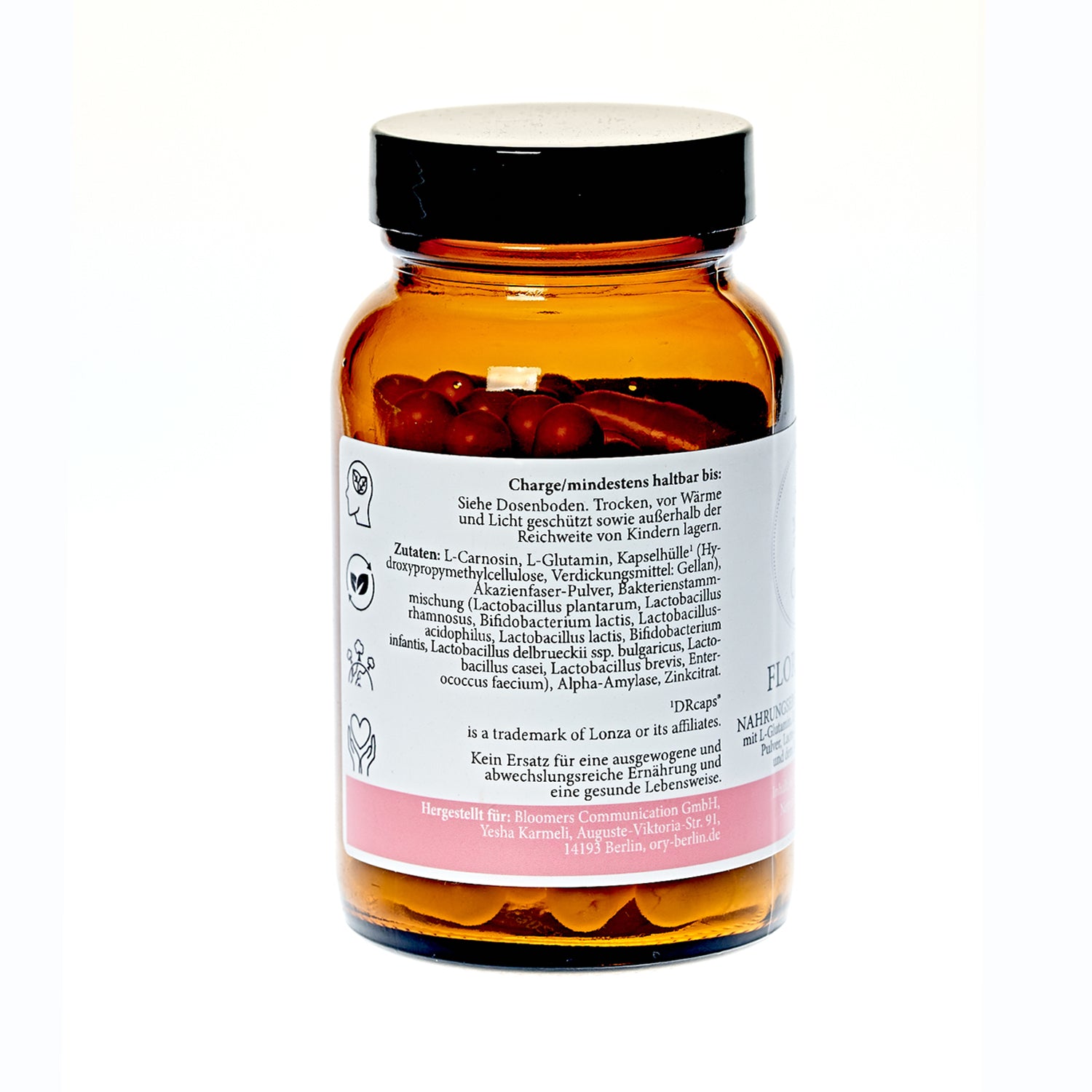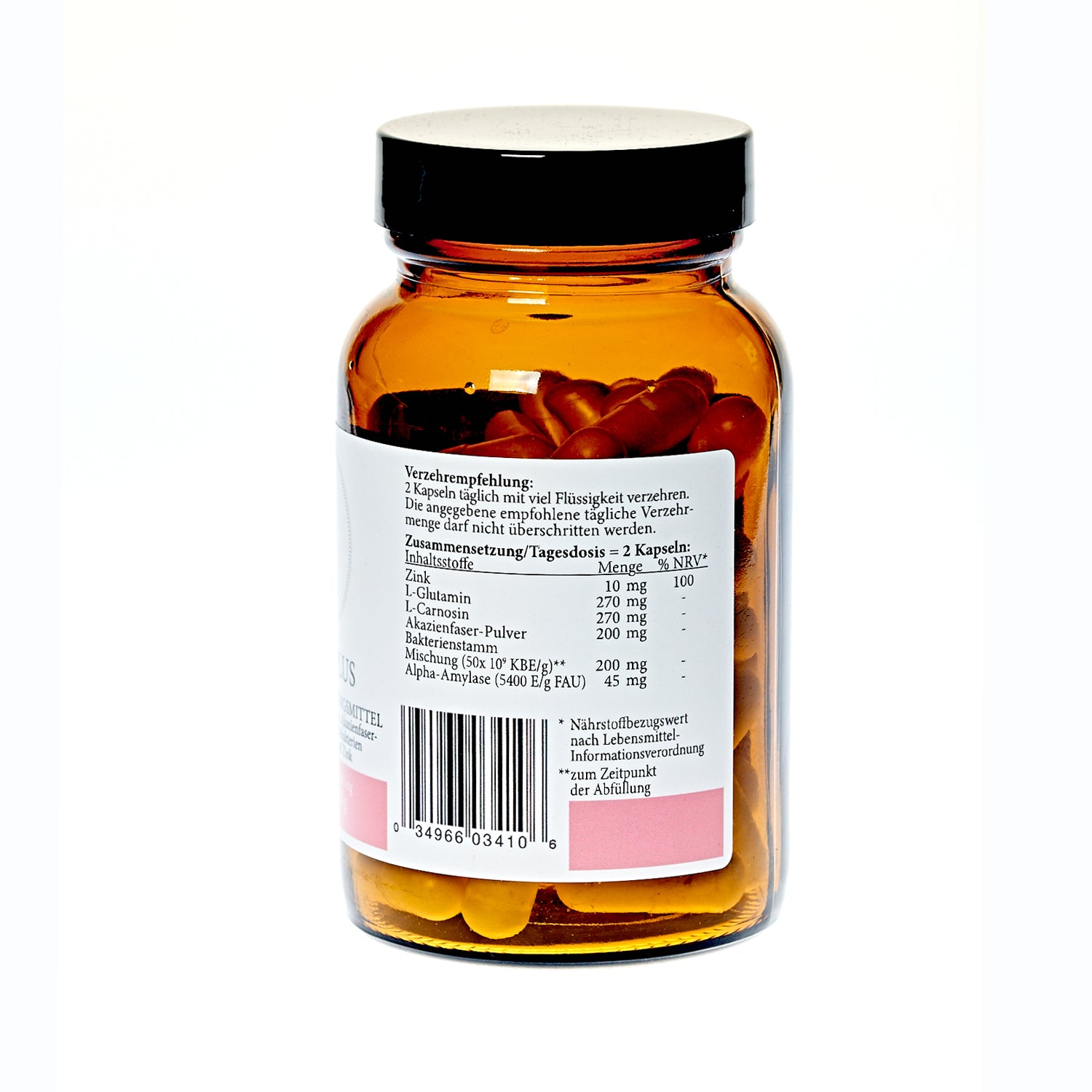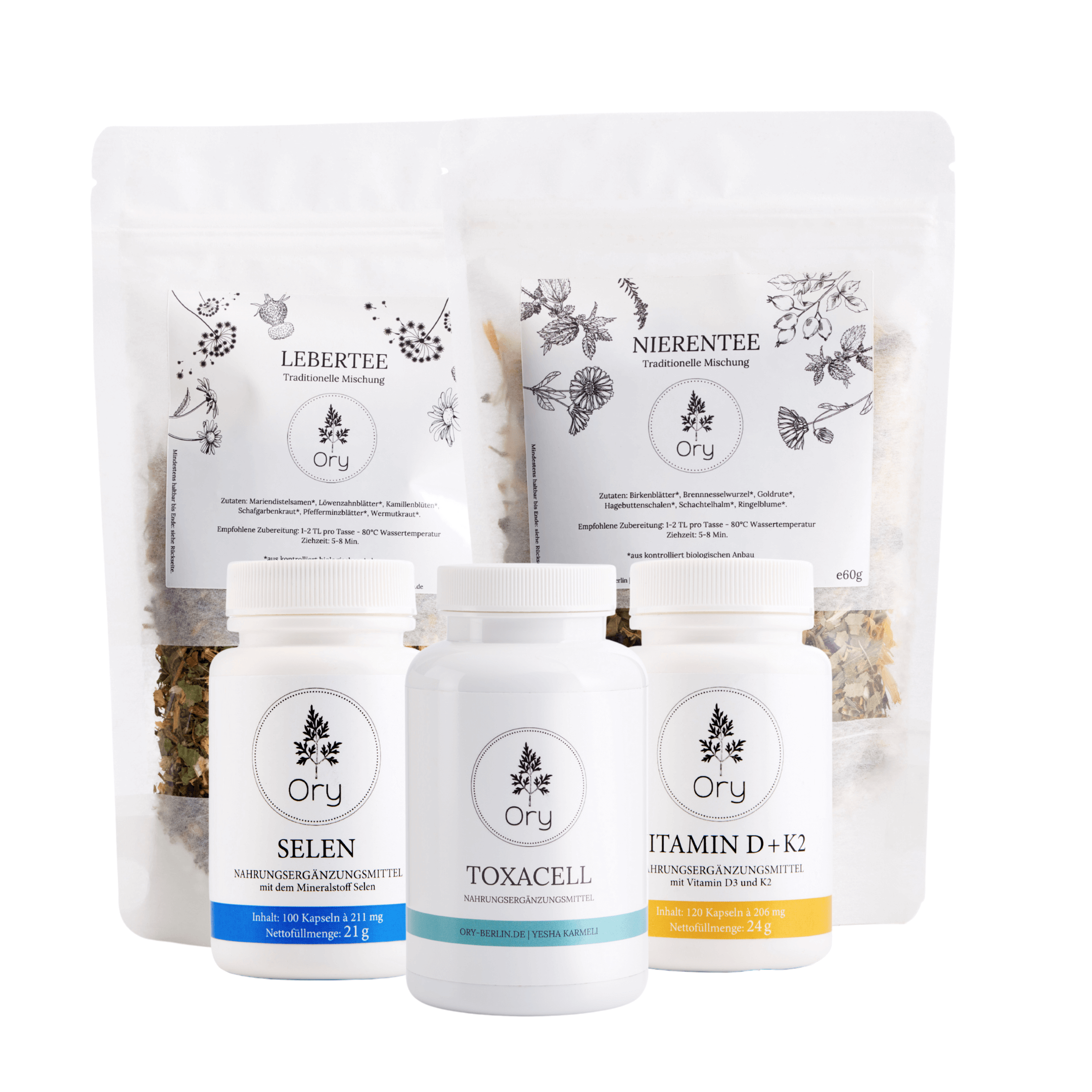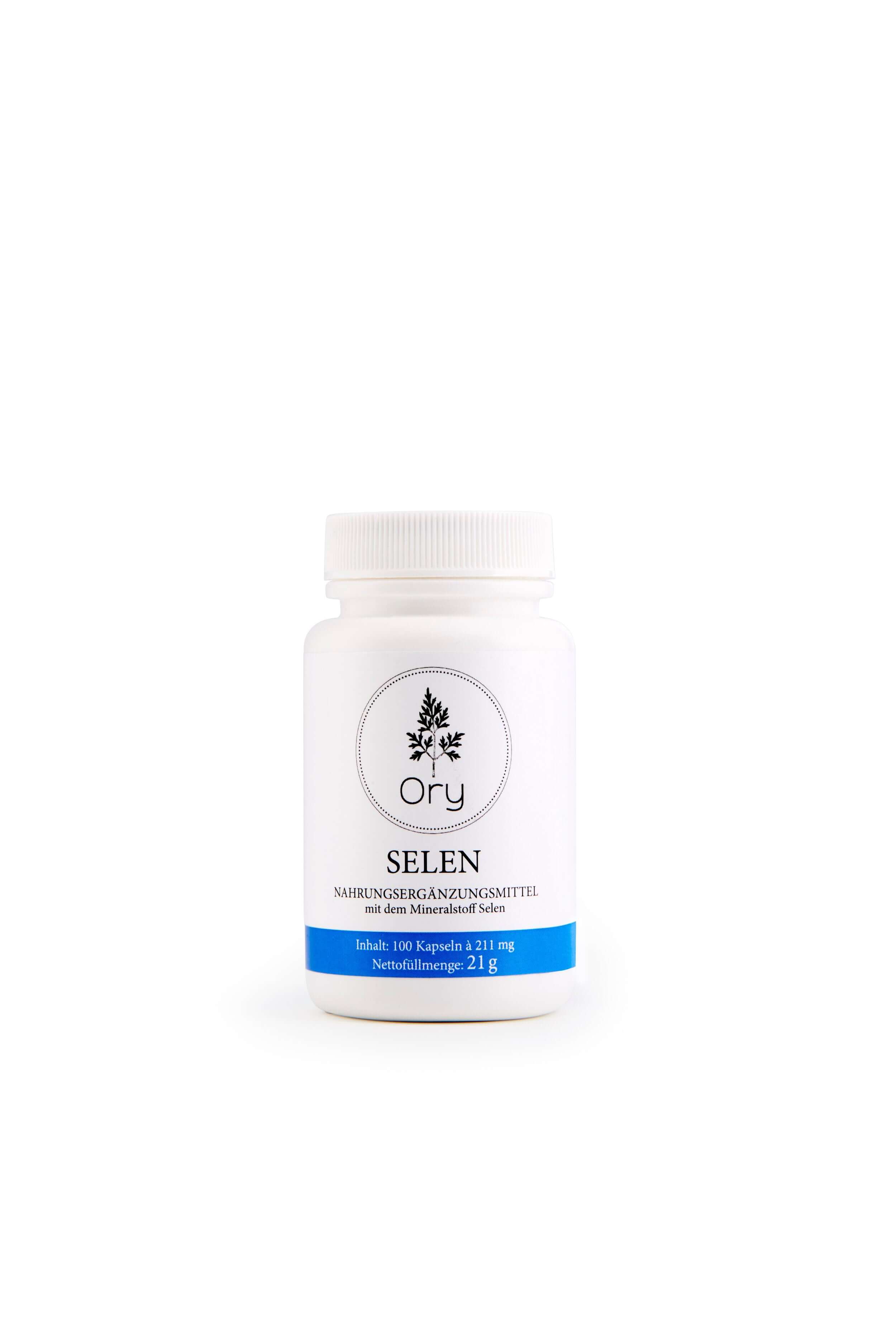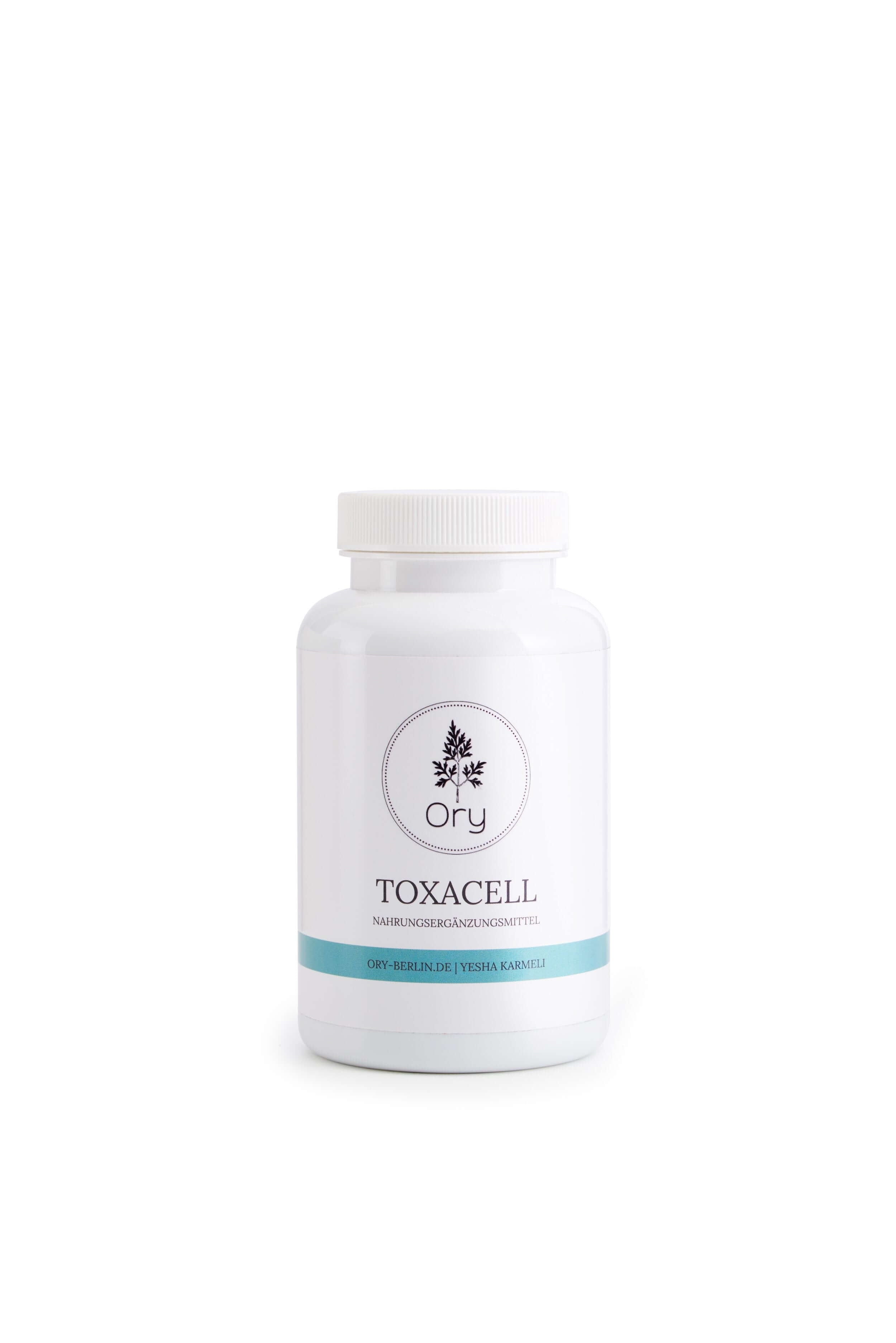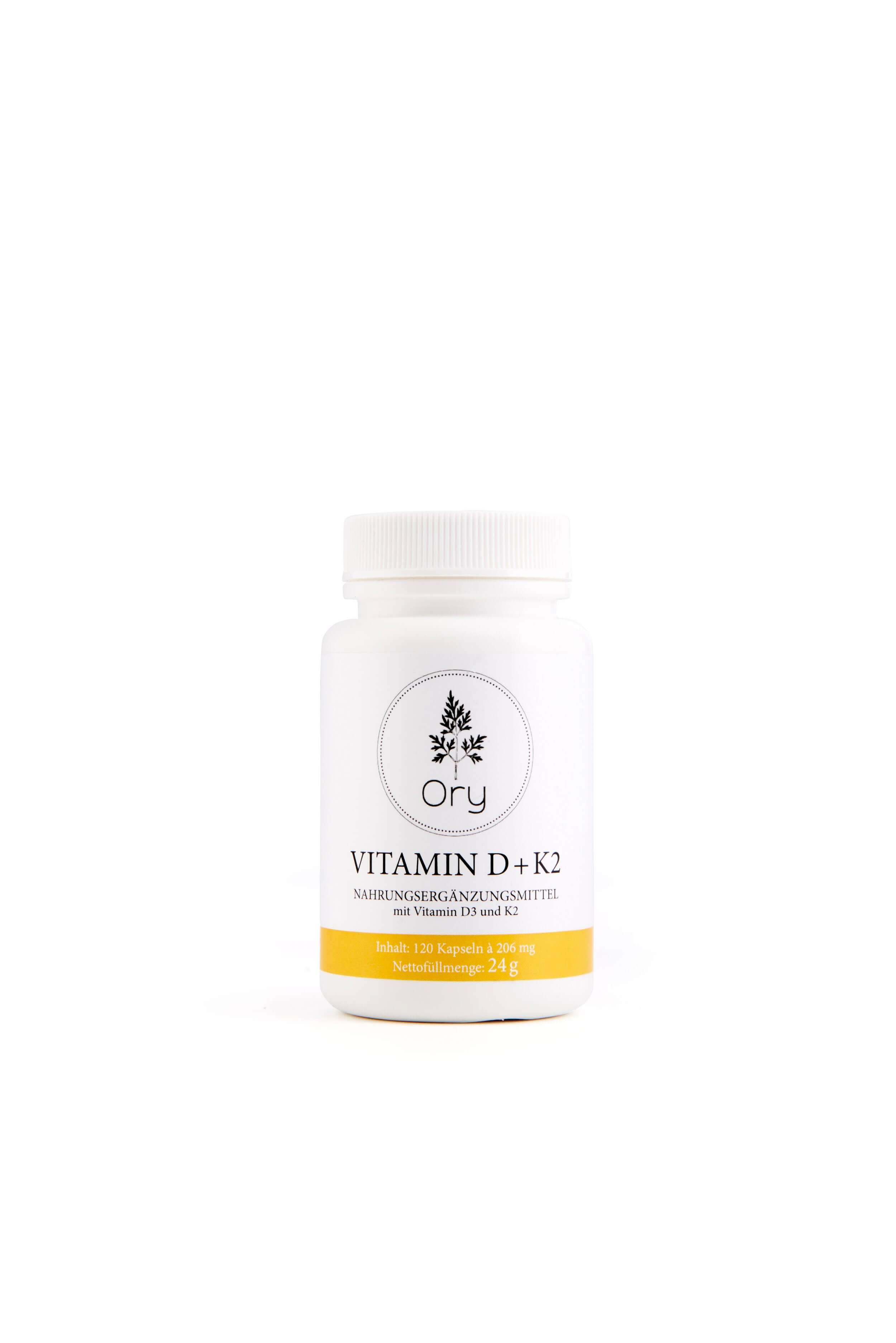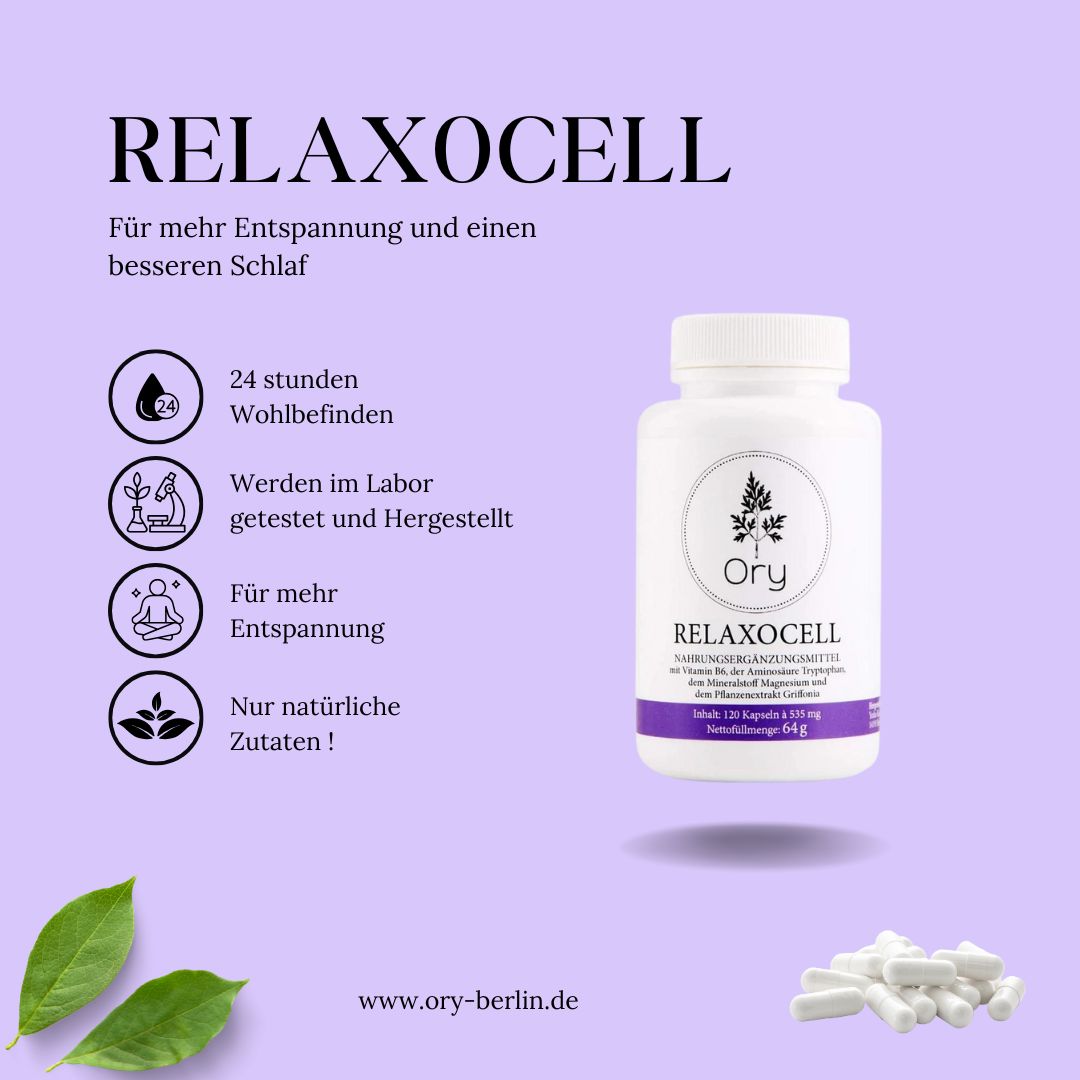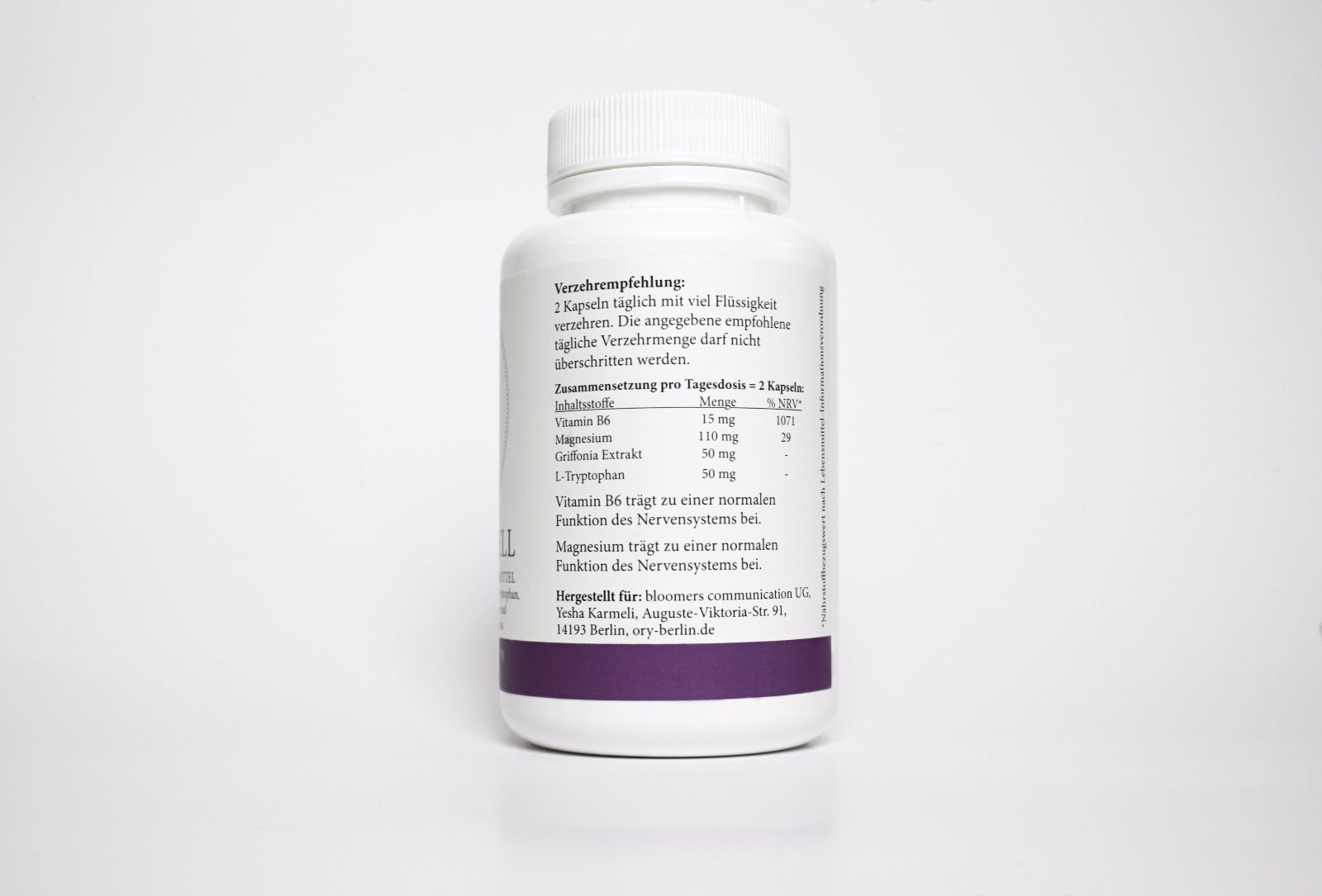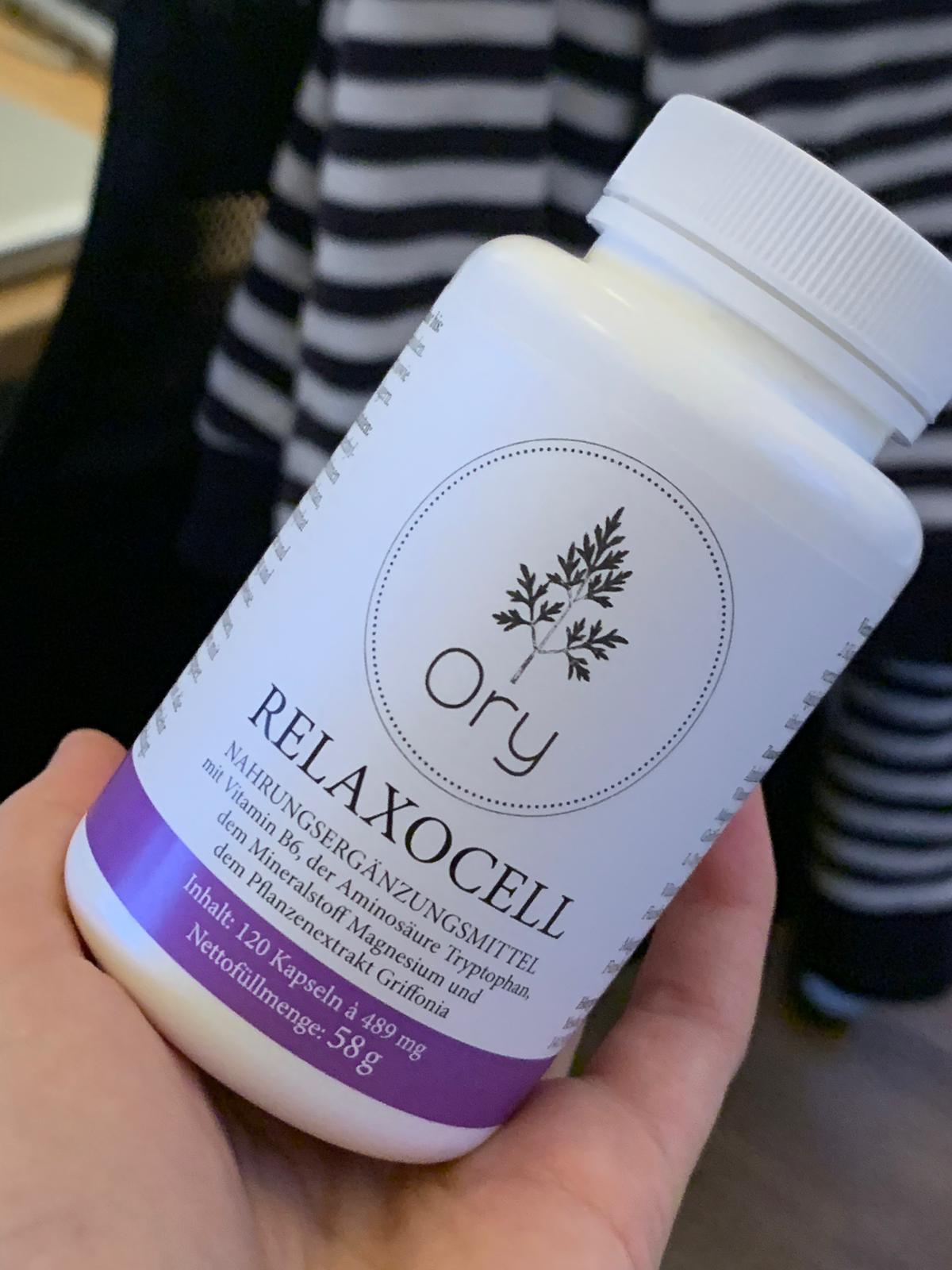




Microbiome Midi Plus
Stool test | Self-test for home use including results report
✓ For persistent digestive problems, fatigue, weakness, bloating and deficiency symptoms
✓ The following are examined: bacteriome, mycobiome, parasites, worms and microsporidia
Test instructions / Sample report
Advantages of the home test
✓ Convenient & discreet: No doctor's appointment necessary, anonymous shipping
✓ Time saving: Test completely independently, quick return
✓ Certified analysis: Partner laboratories with LC-MS, ICP-MS & GC-MS
✓ Holistic report: micronutrients, amino acids, fatty acids, gut microbiome stool test
✓ Professional evaluation: Easy-to-understand online report, therapy recommendations
✓ App support: Integration into evi.plus for long-term monitoring
Couldn't load pickup availability
Pickup available at ORY
Usually ready in 4 hoursPairs well with

Microbiome Midi Plus
The ORY difference - Medical quality is our top priority.
Certified in laboratories
Use laboratory certification for superior product quality.
Developed by experts
Professionally developed products based on years of practical experience.
Scientifically based
Perform precise and reliable diagnostic tests comfortably at home
Product details
INGREDIENTS & COMPOSITION
DELIVERY & TIMEFRAME
APPLICATION & DOSAGE
BENEFITS & SPECIAL FEATURES
If you have any questions, you are always welcome to contact us. We'll get back to you as soon as possible, within 24 hours on weekdays.
-
Shipping Information
Use this text to answer questions in as much detail as possible for your customers.
-
Customer Support
Use this text to answer questions in as much detail as possible for your customers.
-
FAQs
Use this text to answer questions in as much detail as possible for your customers.
-
Contact Us
Use this text to answer questions in as much detail as possible for your customers.

Intestinal flora studies and findings
.

Origin of the intestinal microbiota
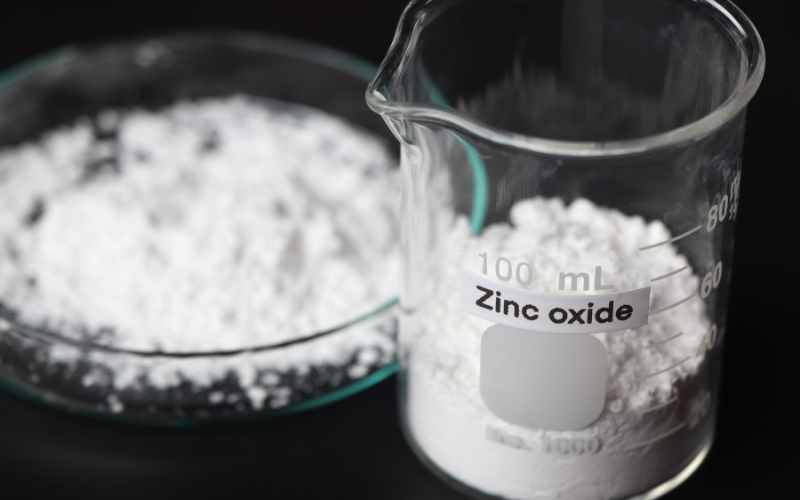
Benefits of intestinal diversity
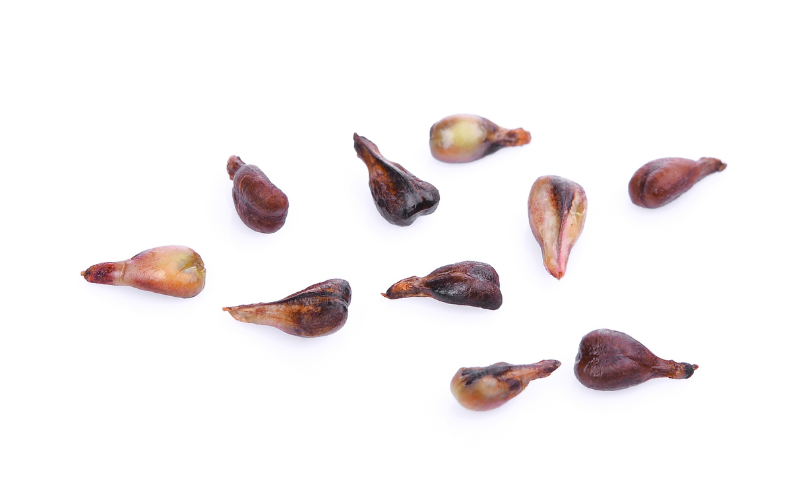
Long-term research on the microbiome
FAQs
Please read our FAQs page to find out more.
What does the package contain?
How should it be used?
Are there any possible side effects?
Who should not use this product?
How should it be stored?

